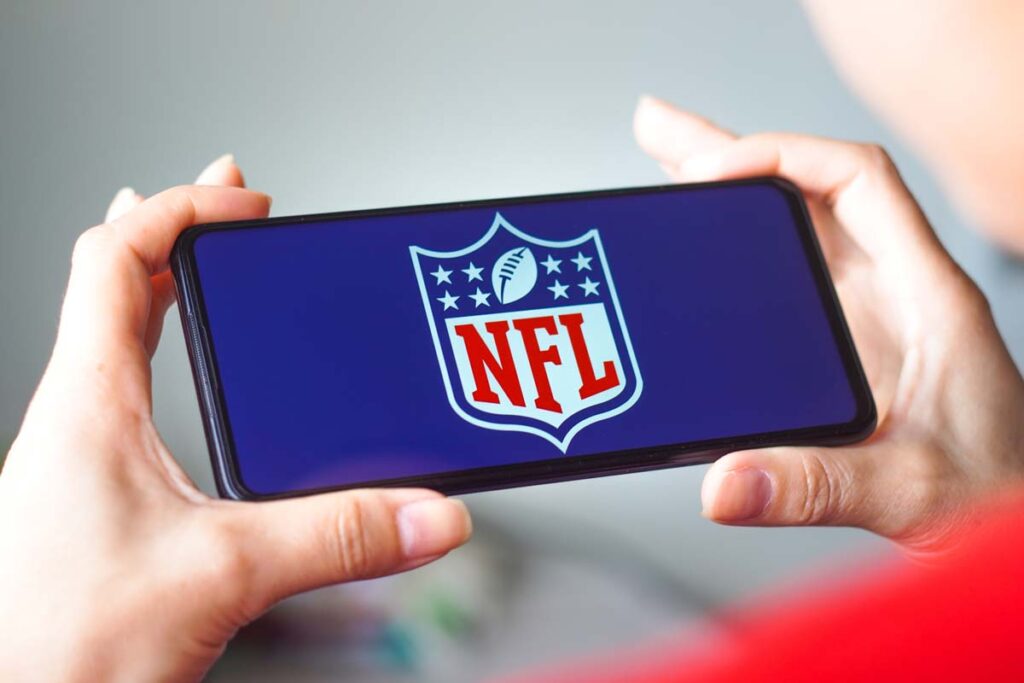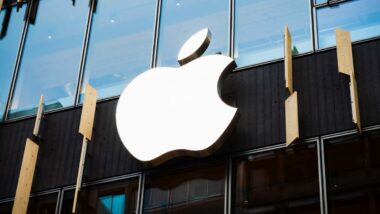
Update:
- The National Football League (NFL) and its teams must face antitrust allegations in multidistrict litigation (MDL) over its prior deal with DirecTV over the NFL Sunday Ticket television package, a federal judge in California ruled.
- The NFL had asked for summary judgment based on the DirecTV contract only being a direct contract with the league and not its teams, alleging the plaintiffs did not prove there was a conspiracy for antitrust and claims under the Sports Broadcasting Act (SBA).
- However, U.S. District Judge Philip S. Gutierrez ruled in his denial of summary judgment the plaintiffs successfully argued those facts are in question because team owners had to vote to ratify the contract, meaning the individual teams were party to the agreement.
(Aug. 11, 2016)
On Monday, the NFL and DirecTV separately asked a California federal court to compel arbitration or dismiss an antitrust multidistrict litigation brought by football fans who allege the NFL DirecTV Sunday Ticket package violates federal antitrust laws.
The NFL argued that the plaintiffs’ claims are moot since there was no alleged violation of antitrust laws and DirecTV argued the dispute should be arbitrated.
The 27 NFL DirecTV antitrust lawsuits are consolidated in multidistrict litigation under U.S. District Judge Renee A. Fisher. Judge Fisher recently appointed four law firms as Class counsel in the proceedings.
The lawsuits all similarly allege the existence of an anticompetitive agreement between DirecTV and the National Football League whereby the NFL provided DirecTV with the exclusive right to show live broadcasts of Sunday afternoon games out of market in the form of its NFL Sunday Ticket.
This, the plaintiffs argue, has “anticompetitive effects” because absent of such an agreement, “each team acting independently would offer their games at a competitive price to anybody in the country who wanted to watch that particular team.”
Moreover, the plaintiffs claim that the NFL Sunday Ticket agreement with DirecTV “protects” the other five networks that contract with the NFL.
However, the NFL challenged these allegations in its motion to dismiss, stating that the agreement is competitive and does not negatively impact fans.
Essentially, the NFL contends its agreement to allow DirecTV to broadcast live out-of-market games is applicable to its exclusive agreement.
“Exclusive distribution arrangements are presumptively legal because they often benefit consumers, including by incentivizing distributors like DirecTV to invest in promoting and enhancing the product. As a result, to survive a motion to dismiss, a complaint challenging an exclusive distribution agreement must offer plausible allegations of anticompetitive effects. Plaintiffs have not done so,” the NFL said.
“Similarly, given that the clubs’ pooling of rights is necessary to distribute even a single football game, plaintiffs fail to plausibly allege that Sunday Ticket could even exist absent horizontal agreements of the kind that they challenge,” the league said. “Nor have plaintiffs met their pleading burden to identify an alternative arrangement that would better promote competition.”
In their motion, DirecTV asked to compel arbitration to resolve their respective individual disputes and requested a stay of these proceedings pending arbitration.
Arguing the plaintiffs’ allegations of unfair competition are unreasonable, DirecTV states that the rates they charge for Sunday Ticket subscriptions is legal.
“Because the antitrust laws encourage this type of competition for exclusive contracts, DirecTV’s distribution agreement for NFL Sunday Ticket is presumptively legal under the antitrust laws,” DirecTV said.
The NFL also argued that the antitrust litigation fails to establish claims of actual antitrust injury and ignores that the Sunday Ticket package competes with free broadcasts of games in local areas as well as “a broad array of other televised sports and entertainment options.”
“Plaintiffs point to supposed anticompetitive restraints in the market for ‘national broadcast rights,’ in which CBS, NBC, ESPN, Fox, and DirecTV purchase rights from the NFL, but plaintiffs do not participate in that market,” the league said. “Under the well-settled ‘market participant’ rule, this flaw is fatal to all of plaintiffs’ claims. Separately, plaintiffs lack standing to seek damages because they are not ‘direct purchasers’ in any relevant market.”
The plaintiffs are represented by Hausfeld LLP, Glancy Prongay & Murray LLP, among others.
The DirecTV NFL Sunday Ticket MDL is In re: National Football League’s “Sunday Ticket” Antitrust Litigation, Case No. 2:15-ml-02668, in the U.S. District Court for the Central District of California.
Don’t Miss Out!
Check out our list of Class Action Lawsuits and Class Action Settlements you may qualify to join!
Read About More Class Action Lawsuits & Class Action Settlements:














